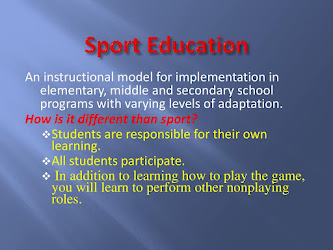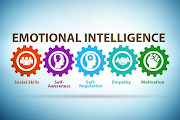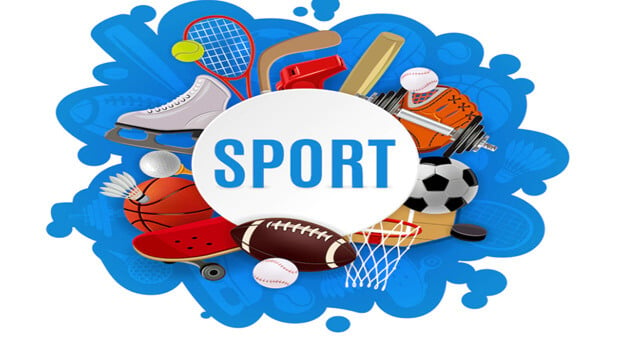Sports in schools act as a potent learning tool in various ways:
Enhancing Cognitive Skills
Improved Concentration: Physical activities increase cerebral blood flow, enhancing concentration and cognitive functions.
Memory and Learning: Consistent involvement in sports is associated with improved memory and learning skills.
Promoting Social Skills
Teamwork and Cooperation: Sports instil the value of working collaboratively towards shared objectives, promoting teamwork and cooperation.
Communication: Participation in sports necessitates effective communication, aiding in the development of these vital skills.
Building Emotional Resilience
Handling Success and Failure: Sports offer a controlled setting for students to navigate success and failure, fostering resilience and determination.
Self-Esteem: Sporting achievements can elevate students' confidence and self-worth.
Supporting Mental Health
Stress Relief: Physical exertion is an excellent stress and anxiety reducer, aiding students in feeling more relaxed and prepared to learn.
Mood Enhancement: Physical exercise stimulates endorphin release, which can uplift mood and enhance mental health.
Creating a Positive Learning Environment
Engagement: Sports render school more captivating and enjoyable, motivating students to actively engage in their education.
Inclusive Culture: A robust sports program can improve the overall school environment, rendering it more inclusive and supportive.
Incorporating sports into the educational curriculum allows educators to forge a more vibrant and effective learning atmosphere that nurtures the comprehensive growth of students.
Are you looking to delve deeper into a specific facet of sports in educational settings? Let me know in the comments!!






.jpeg)
.jpeg)




.jpeg)











.jpeg)